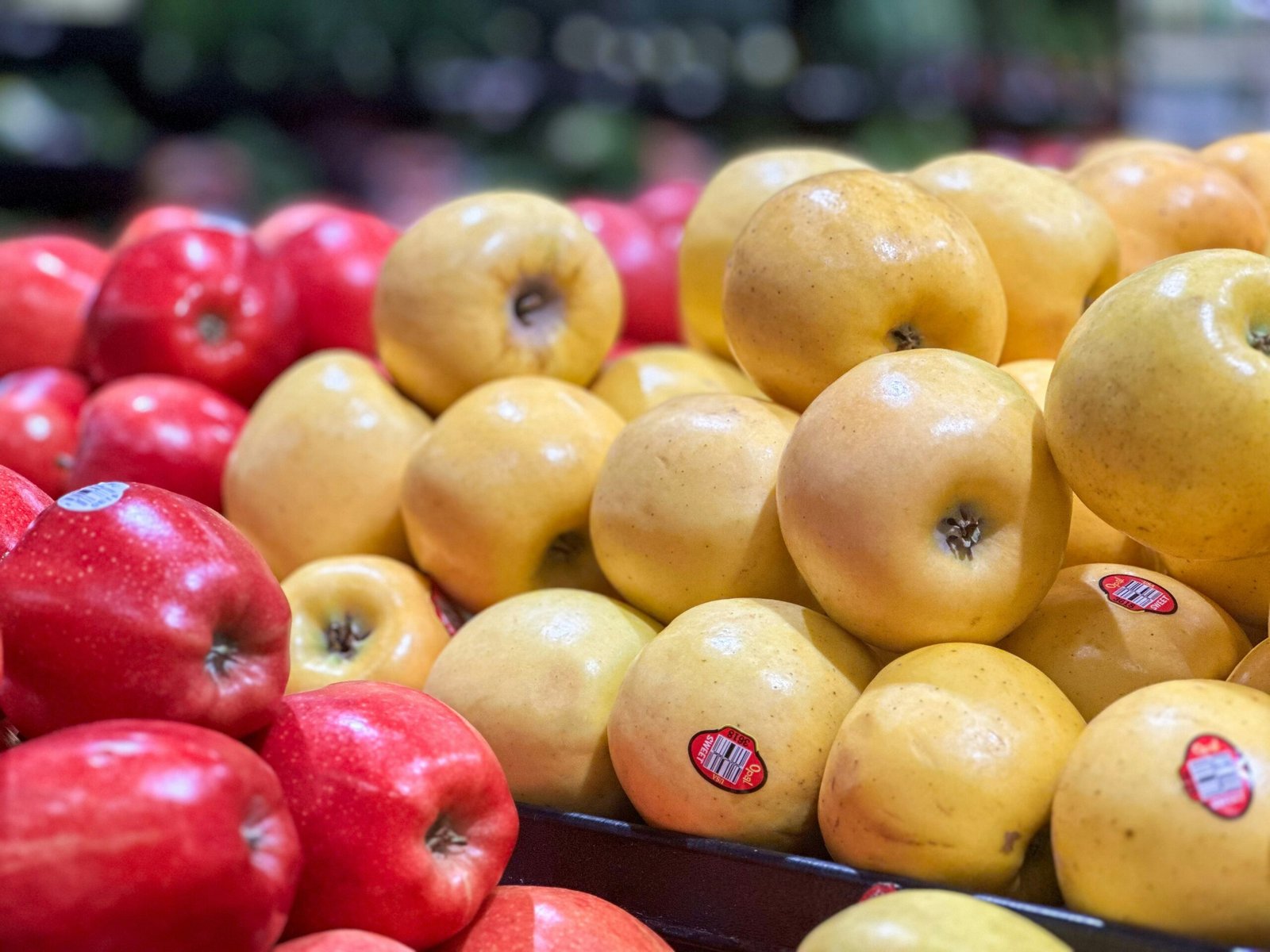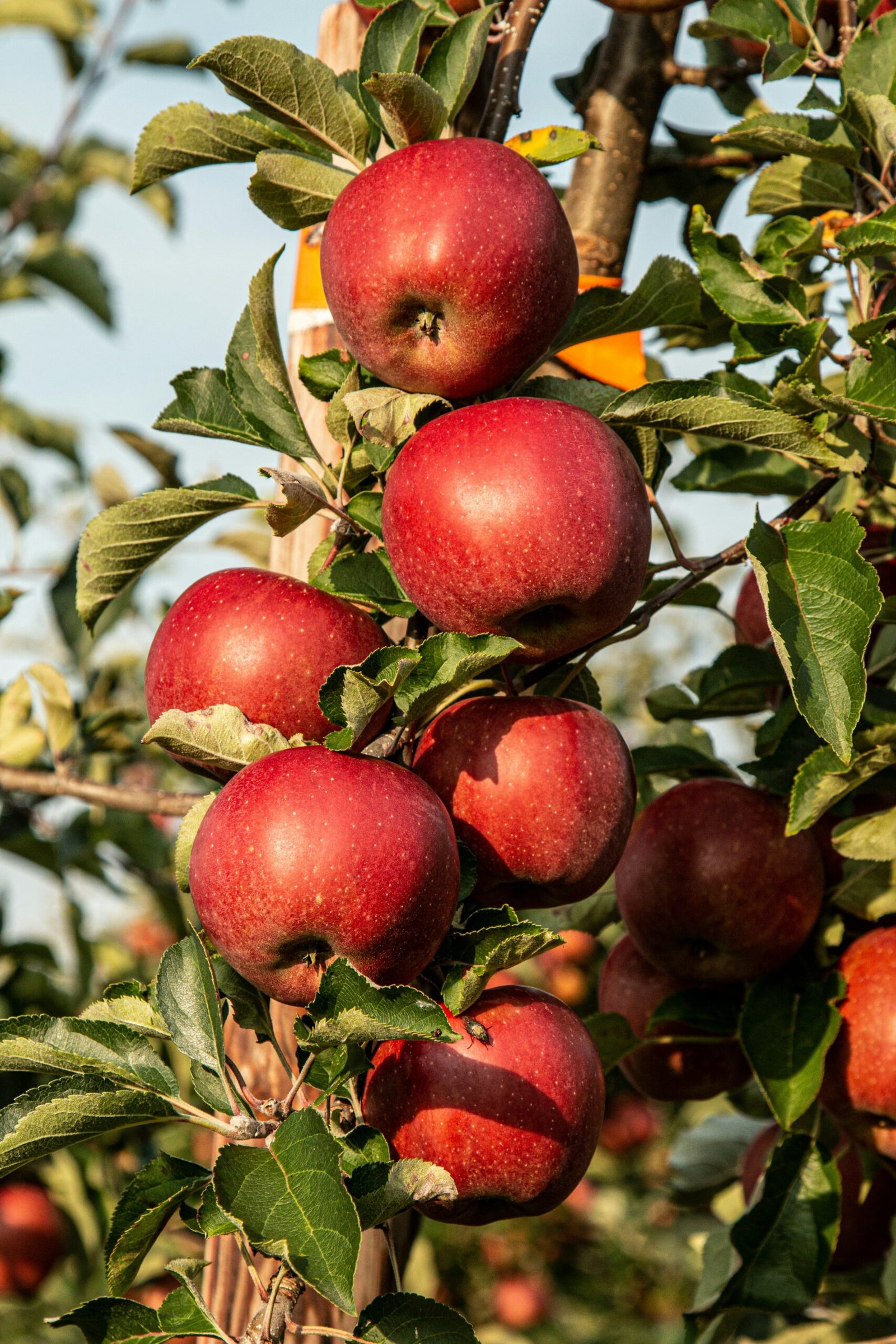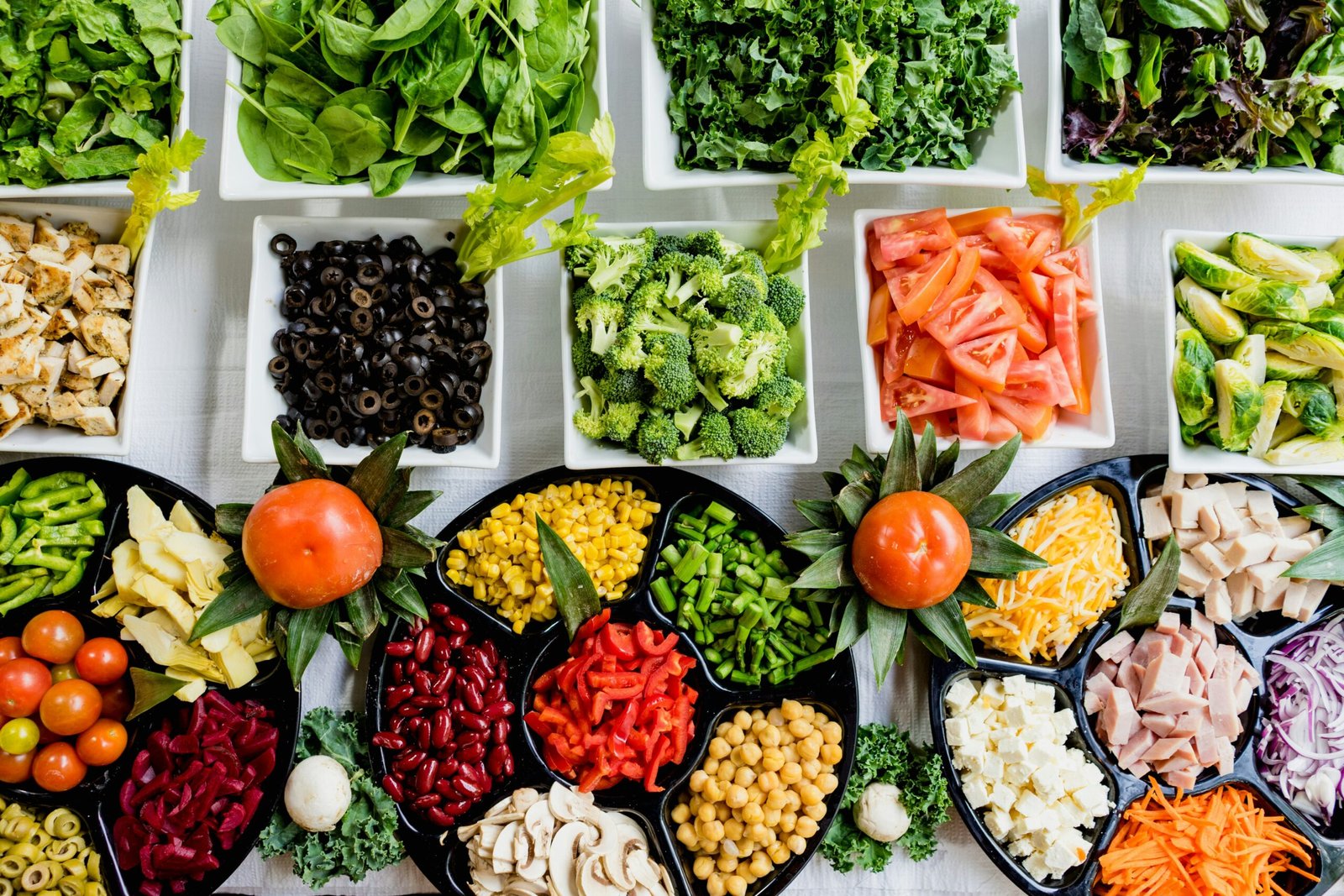Imported Fresh Produce: A Summer Delight
As the summer season approaches, our taste buds eagerly anticipate the arrival of fresh and vibrant produce. While local farmer’s markets may not yet be offering high-quality bell peppers, summer squash, and cucumbers, there is no need to despair. These crisp and abundant vegetables can still be found at your local supermarket, most likely imported from Mexico.
The Benefits of Imported Produce
While many of us strive to support local farmers and businesses, there are undeniable benefits to enjoying imported produce. Here are a few reasons why:
1. Availability
Imported produce allows us to enjoy a wide variety of fruits and vegetables throughout the year, regardless of the local growing season. This ensures that we have access to fresh and nutritious options no matter the time of year.
2. Quality
Imported produce often goes through rigorous quality control measures to ensure that it reaches the consumer in optimal condition. This means that even though it may have traveled a long distance, it can still be just as fresh and delicious as locally grown alternatives.
3. Affordability
Imported produce can sometimes be more affordable than locally grown options, especially when considering factors such as transportation costs and economies of scale. This allows individuals and families to enjoy a wide variety of nutritious fruits and vegetables without breaking the bank.
Supporting Sustainable Practices
While imported produce offers many benefits, it is important to consider the environmental impact of long-distance transportation. Here are a few ways to support sustainable practices when enjoying imported produce:
1. Choose Organic
Opt for organic options whenever possible. Organic farming practices prioritize environmental sustainability and minimize the use of harmful pesticides and fertilizers. By choosing organic imported produce, you can support farmers who prioritize the well-being of the planet.
2. Reduce Food Waste
Make a conscious effort to reduce food waste. Plan meals ahead, store produce properly, and use leftovers creatively. By minimizing waste, you can make the most of the resources that went into producing and transporting the imported produce.
3. Support Fair Trade
Look for fair trade certifications when purchasing imported produce. Fair trade ensures that farmers and workers are paid fair wages and operate under safe and ethical working conditions. By supporting fair trade, you contribute to a more equitable global food system.
Embracing the Flavors of Mexico
Mexico is known for its rich culinary traditions and vibrant flavors. When enjoying imported bell peppers, summer squash, and cucumbers from Mexico, why not embrace the opportunity to explore new recipes and flavors? Here are a few ideas:
1. Mexican Stuffed Bell Peppers
Try making delicious Mexican stuffed bell peppers by filling them with a flavorful mixture of rice, beans, corn, and spices. Top them off with melted cheese and serve with a side of salsa for a satisfying and nutritious meal.
2. Grilled Summer Squash Tacos
Fire up the grill and prepare some mouthwatering grilled summer squash tacos. Simply marinate the squash in a mixture of lime juice, olive oil, and spices, then grill until tender. Serve in warm tortillas with your favorite toppings for a fresh and tasty taco experience.
3. Cool and Refreshing Cucumber Salad
Beat the summer heat with a cool and refreshing cucumber salad. Slice cucumbers thinly and toss them with a light dressing of lemon juice, olive oil, and herbs. Add some cherry tomatoes and feta cheese for an extra burst of flavor.
Conclusion
While local farmer’s markets may not yet offer the summer delights of bell peppers, summer squash, and cucumbers, the supermarket provides us with a bountiful supply of these imported treasures. By embracing the benefits of imported produce, supporting sustainable practices, and exploring the flavors of Mexico, we can enjoy a diverse and delicious summer season.






